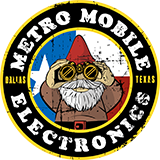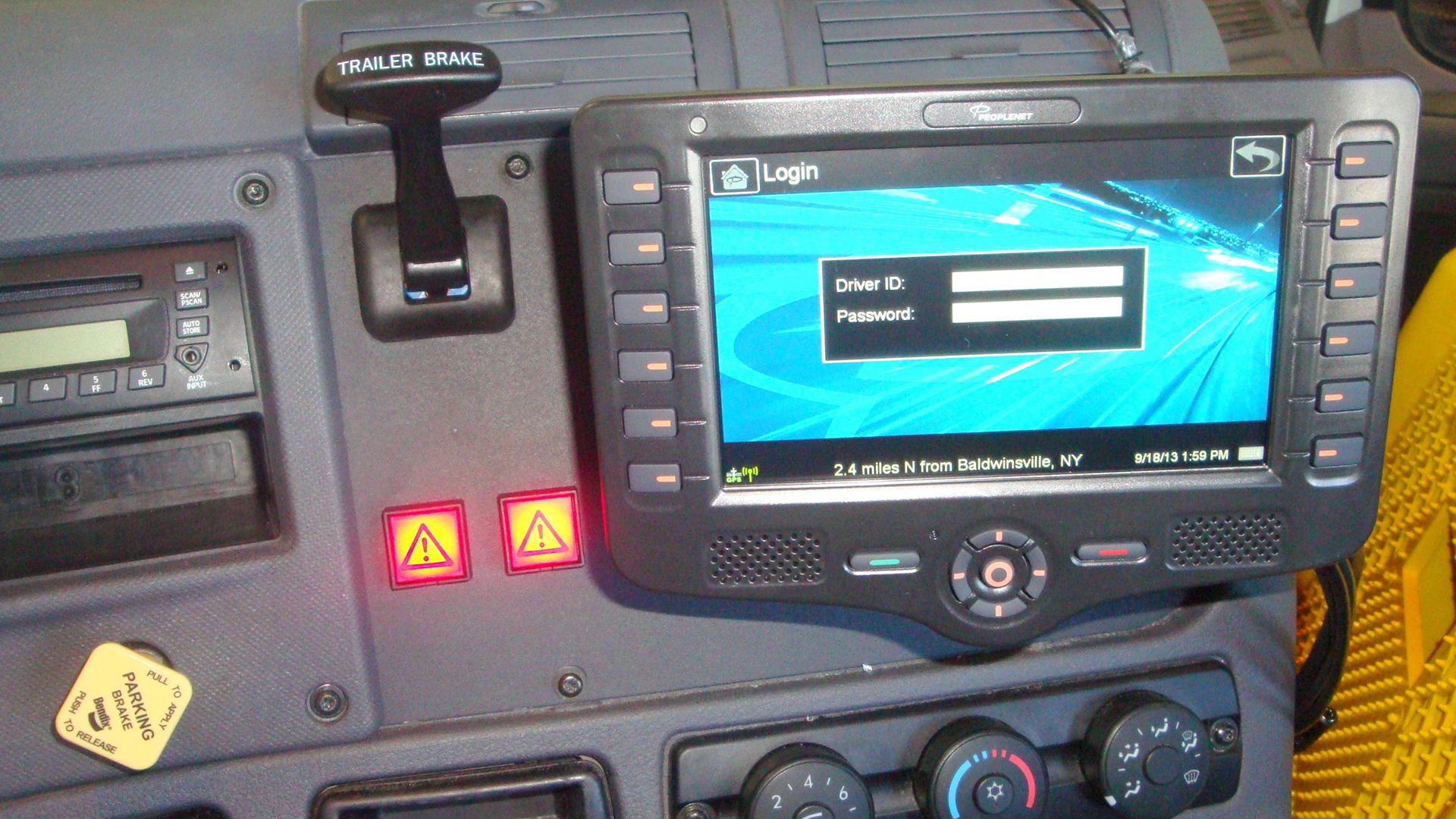There are many "handy" folks in the world willing to help out when they can. Whether it’s your spouse, a friend, family member, or the company’s fleet mechanic. Many times, people believe that since they are “good with their hands," they can accomplish anything mechanical or technical. My personal experience as a General Motors Master Electrical Technician, for example, is a lifelong career devoted to everything automotive; in fact, I was cutting my teeth in class learning how to repair cars before I even had a driver's license. As such, I often think I can accomplish anything mechanical. Many times, I joke that I can install an air conditioning system in my home (which I know I can), and it will likely blow cold air; however, I also know that since that is not what I do all day long professionally, it will likely take me longer than a journeyman HVAC tech. I do not have the background, experience, or decades worth of tips, tricks, shortcuts, and seat-of-the-pants, real world exposure to ensure a quick, problem free, successful job.
When purchasing expensive equipment, such as a home air conditioning system or a fleet-wide telematics solution, it is always wise to leave the installation to the professionals rather than attempting to save a few dollars on the installation of the expensive equipment. It generally does not work out well in the long run.
Too many times, we hear complaints that “the equipment just doesn’t work as advertised,” from customers who have installed their own devices. Oftentimes, their observation of poorly performing equipment is simply a result of the equipment being improperly installed. This is the same as the above example of the air conditioning system. Yes, the company mechanic may have installed the new telematics equipment in between his normal day-to-day duties, and yes, it may work properly from time to time. But without fail, when the customer needs to equipment to work properly, perhaps when attempting to recover a stolen vehicle, the devices “just don’t work!”
If your company is investing in a fleet tracking system or ELD devices for any number of reasons, investing in the installation is of equal importance. Insist on professional installation of your equipment and ensure that you have professional 12 volt technicians working with the equipment. Their background, experience, and seat-of-the-pants, real world exposure working with these types of systems will pay off in spades when you need the equipment to work well.
When looking at a potential installation organization, ask about their experience. Ask if GPS/Telematics/ELD devices are all they work with, or if they dabble in a little of everything 12 volt, such as stereos, headrest video displays, remote starts, and alarms. Ask about their training regimen, if schooling is involved, if it involves day-to-day training with a master electrical technician, or if they just hand a new hire an install guide and send them on their way. Are technicians trained “for a day or two,” or do they have a comprehensive documented 6-week training course for all new hires? Inquire if they have access to technical documentation and schematics in case a need arises or problems occur when working with your fleet. Just a few minutes of research on your part will help quickly identify the type of organization they are and determine if you should work with them or not.
We have come across equipment where professional 12-volt technicians were not utilized, and repair services were required to make the equipment fully operational. In many cases, these devices had been installed by “fully qualified individuals,” and yet we can easily see (from a distance) that the equipment was incorrectly installed, and as a result, it did not operate as designed.
Be sure to insist on having your new telematics investment installed by a professional installation organization with the necessary experience and background to ensure your equipment operates as it should at the end of your deployment.
Have a great day and be safe!


